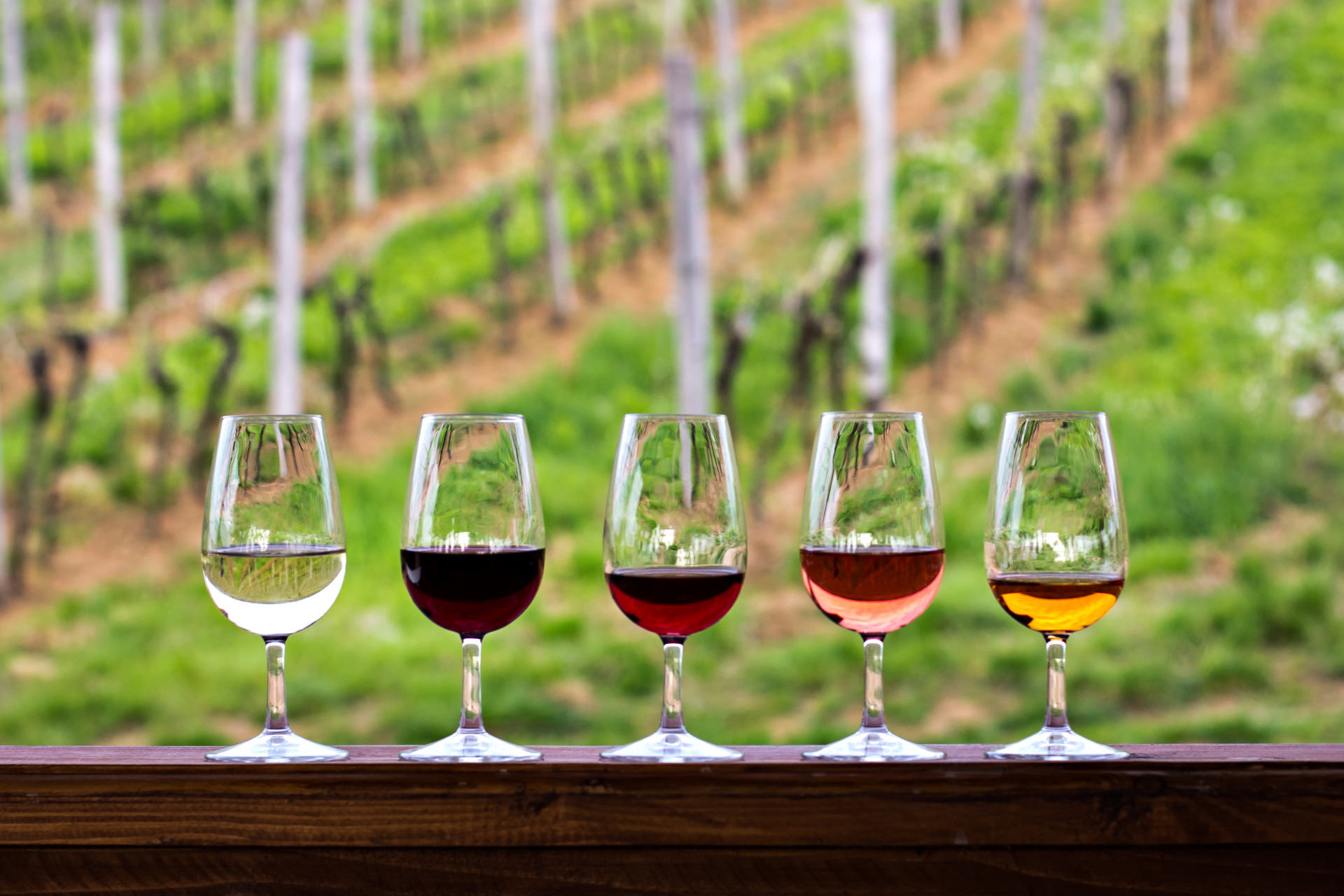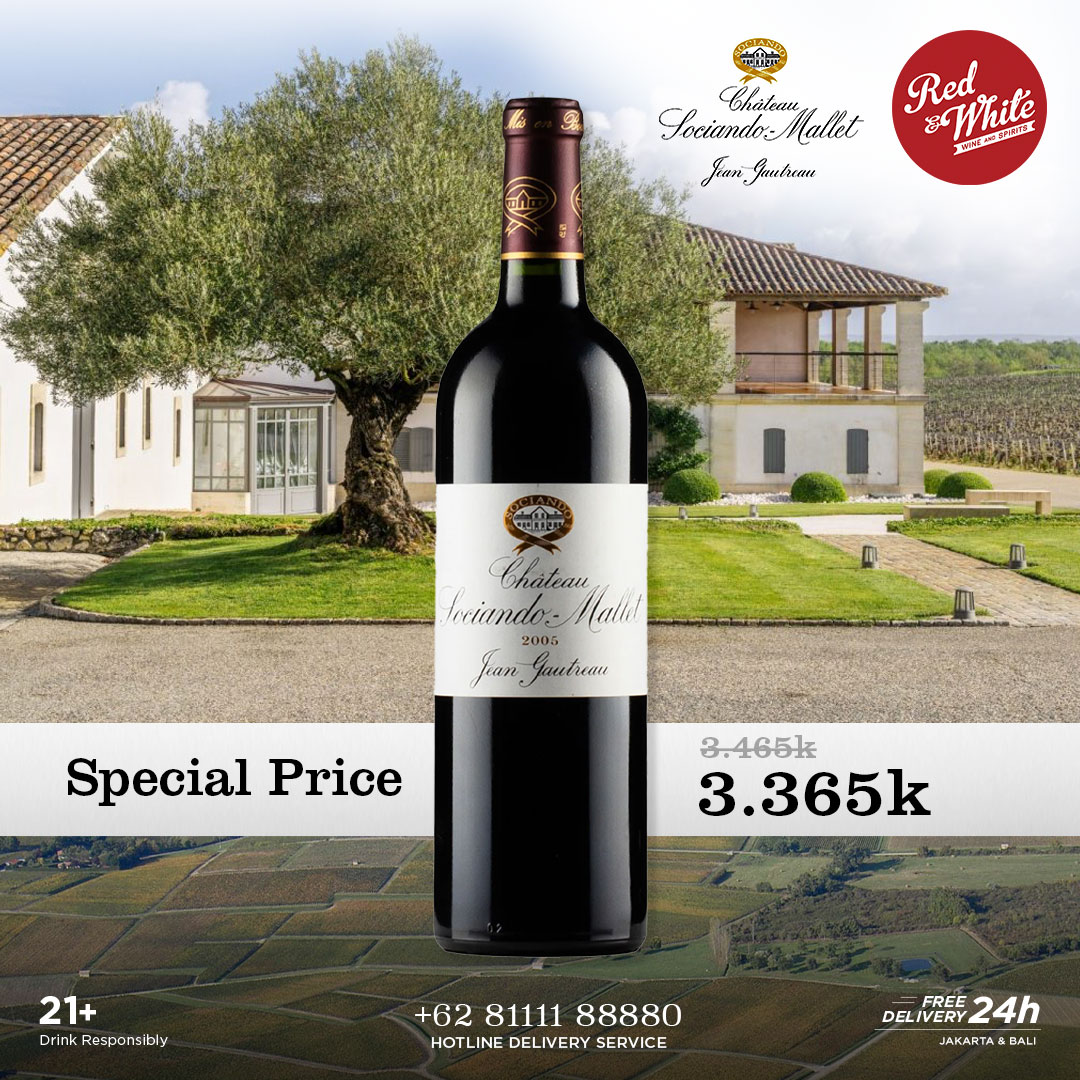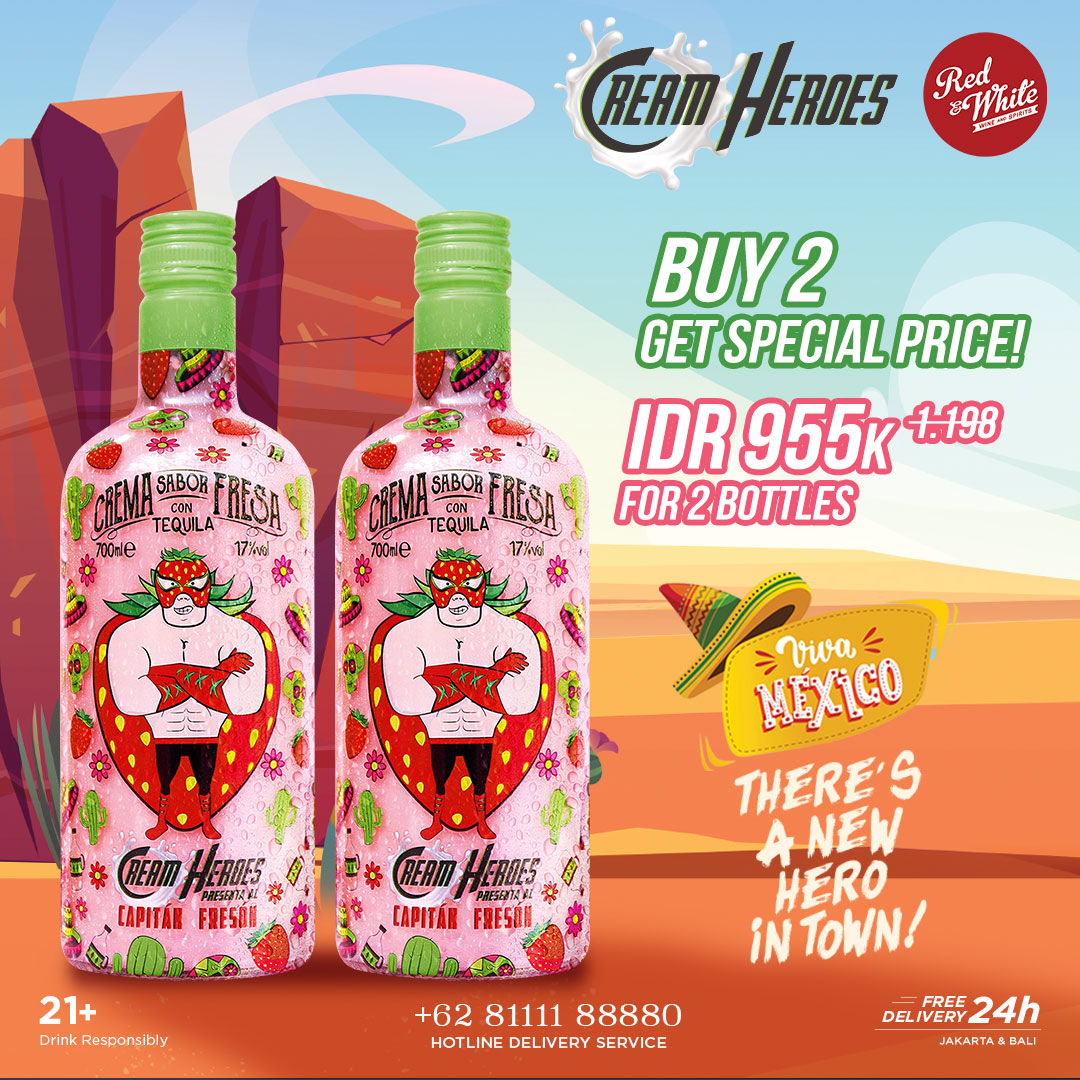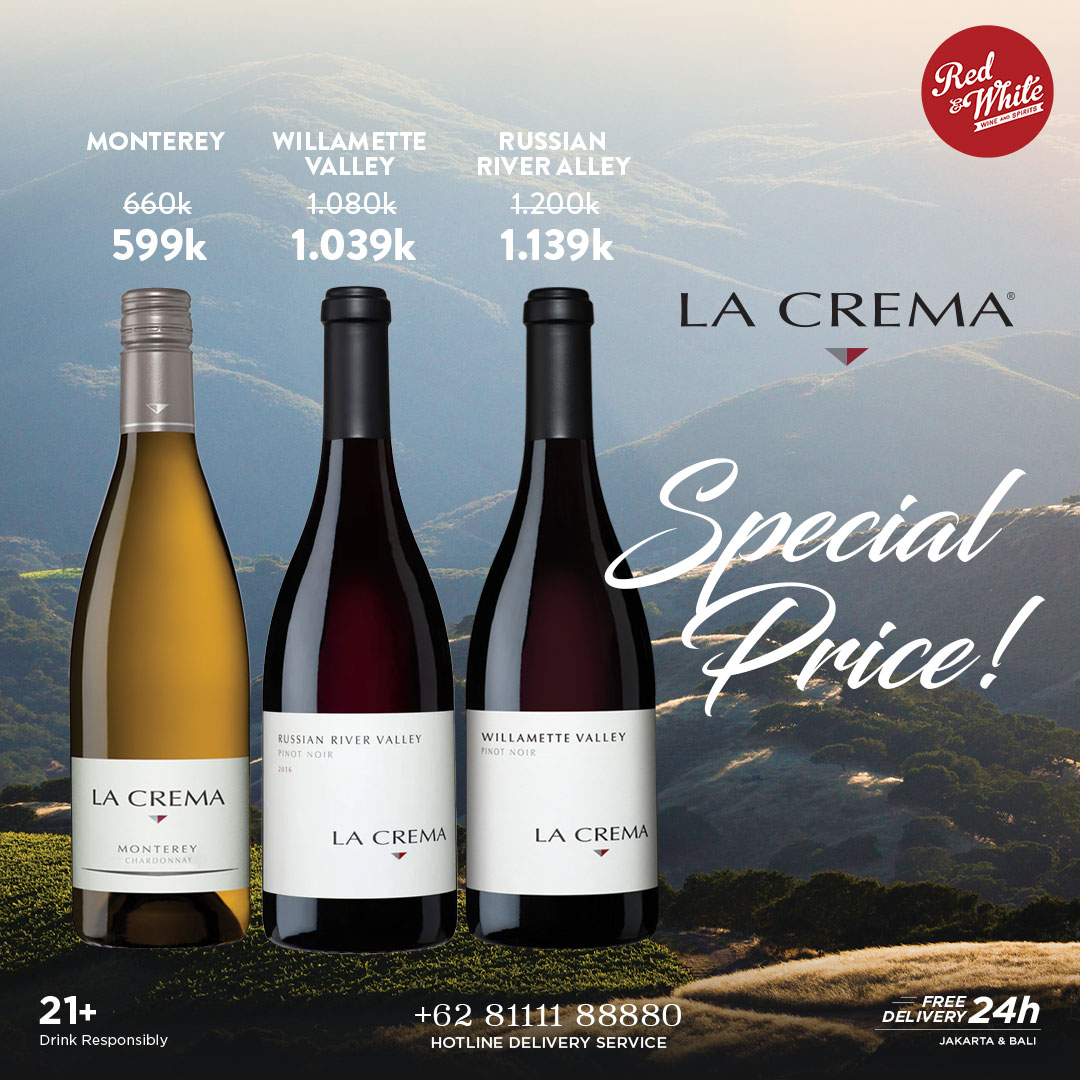
The Beginner’s Guide to Wine Varieties
Knowing your wines can be useful for many things. Bringing a good bottle to a work occasion can leave a lasting impression on your colleagues, and the wine at your wedding will be a staple part of your forever-story. But how do you even begin to choose when wine is so much more complex than just red or white? Help familiarise yourself with the various types of wine and how they’re made. Here’s a simple guide to help you.
Flavour Profile
A good place to start is determining the taste you prefer. Are you looking for something a little fruity? Do you mind a dry wine, or would you rather something sweet?
There are typically two flavour profiles in wine: primary and secondary. Primary flavours are what you taste from the grapes directly, and secondary flavours are what develops throughout the production process.
Several defining factors affect the final result.
Various components, along with the winemaking process, make all the difference in the flavours that end up in the bottle. To be able to differentiate your wine, it’s useful to understand the way it’s made.
The winemaking process
It all starts with harvesting from vineyards during the right season, which occurs twice every year depending on the kind of grapes. Before fermentation, some grapes are removed from their stems, while others are not. Some are fermented in clusters, while others in bunches. Yeast then gets involved, and alcoholic fermentation begins. Yeast breaks down sugar and reduces it to ethanol and carbon dioxide. This process lasts between 5 to 21 days. Then, wine is separated from the skin. Leftover skins are pressed, yielding an added volume of up to 15%. A second fermentation then takes place.
The wine is then stored in different containers to age. Wood barrels, glass, and tanks are commonly used, each affecting the aging process differently. Aging can last between 6 to 30 months, with red wine taking longer than white. After aging comes blending, combining two wines from different barrels. Once finished, the wine is clarified to make it less cloudy. Then it’s into the bottles it goes. Now that you know how wine is made, let’s take a look at four of the most popular types of wine and see how variations in the process creates individual tastes.
Chardonnay
1. Grapes
These green-skinned grapes originated in eastern France, but are now grown in other wine producing countries such as North America and Australia. They are normally farmed in foggy and cooler climates.
2. Process
Chardonnay grapes are harvested in September and February. They are pressed in whole clusters, whilst the fermentation process takes place in oak barrels which contribute significantly to the wine’s flavour profile.
3. Flavour Profile
The climate in which Chardonnay grapes are grown affects the wine’s primary flavour, which is mostly citrusy. Its secondary flavour is oak from the barrel fermentation. Depending on the type of wood, these flavours can range from vanilla to nutmeg to coconut.
Cabernet Sauvignon
1. Grapes
Dubbed “Cab Sav” for short, the Cabernet Sauvignon variety features one of the most notable grapes. Although most farmed in Bordeaux, they are now found in vineyards across Napa Valley, Tuscany, and Canada. These grapes are black-skinned and thrive in a wide range of climates. Their versatility results in endless possibilities of taste.
2. Process
Cabernet Sauvignon can be blended before, during, or after the fermentation process. If your cab tastes sweet, it was blended before fermentation. If it’s dry, it was blended after.
3. Flavour Profile
Differences in the origins of the grapes, the climate in which they are grown, and the winemaking process, gives the Cabernet Sauvignon a variety of descriptors. Its primary flavours are reminiscent of blackcurrant and blackberries. Meanwhile, its secondary flavours can range from licorice, tobacco, to even a black peppery taste.
Sauvignon Blanc
1. Grapes
Sauvignon Blanc is a type of white wine, made with green-skinned grapes originating from South West France. Nowadays, it is produced everywhere from Chile to California.
2. Process
Fermentation for Sauvignon Blanc commonly takes place in stainless steel tanks and lasts about four months, a short process compared to other wines. Temperatures are kept considerably low, between 5.6 to 10 degrees Celcius, in order to fully bring out the taste of the fruit.
3. Flavour Profile
Crispness is the Sauvignon Blanc’s defining quality. Its high acidity gives it a grassy primary flavour. Some climates can also give the grapes a bell pepper flavour, while warmer climates produce more tangy, fruity grapes, creating a grapefruit or guava taste.
Pinot Noir
1. Grapes
Black-skinned grapes from Burgundy are the star of this red wine. Pinot Noir grapes grow in tight clusters that resemble the shape of pine cones. They grow in cooler climates and are quite delicate, making Pinot Noir a tricky wine to process.
2. Process
Because the grapes are delicate, fermenting in whole bunches can be difficult, but not impossible. Whole bunch fermentation gives the wine its own distinct profile. On the other hand, destemming the grapes enables their flavours to truly shine.
3. Flavour Profile
Pinot Noir is normally dry and acidic. Whether the wine is light or full-bodied is determined by the climate. Grapes grown in cooler climates will result in lighter-bodied wine, while warmer climates produce the opposite. Identifiable primary flavours in this wine vary from raspberry, cherry, to mushroom. Baking spices and vanilla are especially prominent in Pinot Noir when aged in French oak barrels.




